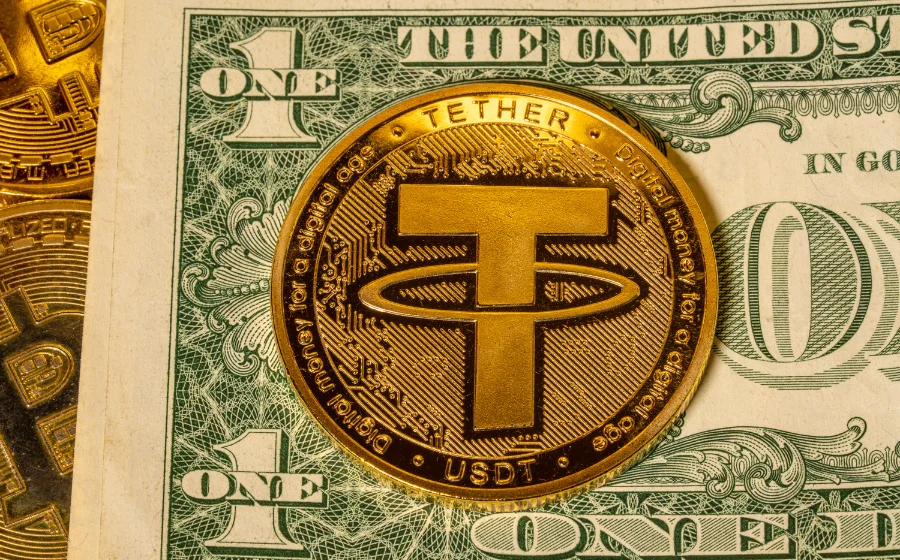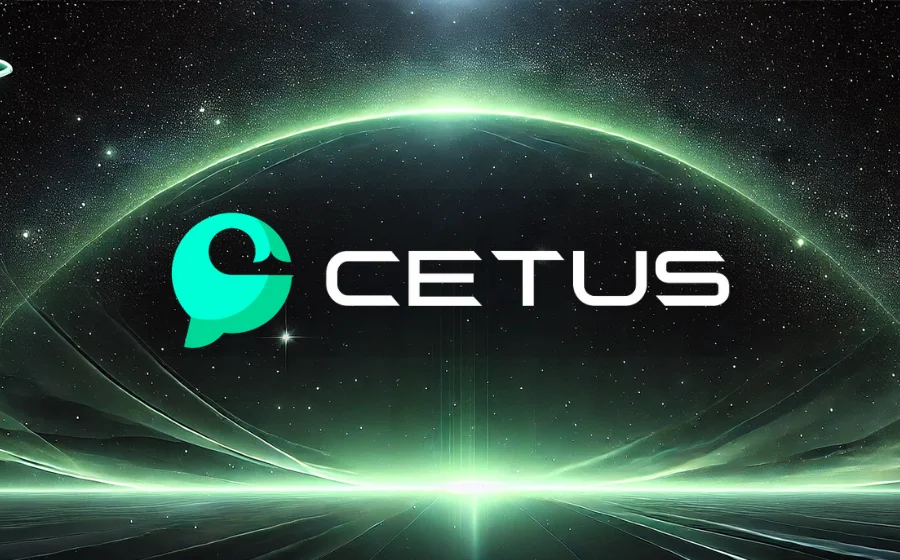
KEYTAKEAWAYS
- Spot Bitcoin ETFs hold actual Bitcoin and provide direct exposure to its real-time price, appealing to long-term investors seeking accuracy.
- Futures Bitcoin ETFs invest in derivative contracts, offering flexibility for speculative strategies but with added complexity and risk.
- Both ETF types are regulated and accessible via traditional exchanges, making them a bridge between legacy finance and the crypto ecosystem

CONTENT
Explore the difference between Spot and Futures Bitcoin ETFs. Learn how these regulated investment tools offer crypto exposure without direct ownership of Bitcoin.
WHAT IS BITCOIN ETF?
As the crypto investment landscape continues to evolve, the Bitcoin ETF has emerged as a key financial instrument. A Bitcoin ETF—short for Bitcoin Exchange-Traded Fund—allows investors to gain exposure to Bitcoin’s price movements without the need to directly hold or manage the asset itself. This makes it particularly appealing to those who prefer the structure and security of traditional financial markets.
A Bitcoin ETF works by either holding actual Bitcoin or tracking its price through futures contracts or similar financial instruments. These ETFs are traded on conventional stock exchanges, much like shares of a company. As institutional interest in crypto grows, Bitcoin ETFs have seen a sharp rise in demand.
There are two main types of Bitcoin ETF available in the market:
- Spot Bitcoin ETF: Directly holds Bitcoin and offers precise tracking of its market price.
- Futures-based Bitcoin ETF: Uses derivative contracts to gain exposure, which can introduce more volatility but also offers strategic trading opportunities.
Each type serves different investment strategies and risk appetites, bridging the gap between traditional finance and the digital asset economy.
>>> More to read: What is a Bitcoin ETF? Crypto Guide
WHAT IS SPOT BITCOIN ETF?
A Bitcoin ETF that tracks the real-time price of Bitcoin by directly holding the asset is known as a Spot Bitcoin ETF. Unlike futures-based products, a spot ETF is backed by actual Bitcoin, meaning its performance is directly tied to the market value of the Bitcoin it holds. When investors buy shares of a spot ETF, they’re essentially gaining ownership of Bitcoin—without needing to personally store or manage the cryptocurrency.
For example, imagine a Spot Bitcoin ETF called “BTC-RANK.” If BTC-RANK holds 10,000 Bitcoin and issues 1,000,000 shares, then each share theoretically represents 0.01 Bitcoin. This means the ETF’s value moves in tandem with Bitcoin’s live market price, offering transparent and direct exposure to the asset.
Spot Bitcoin ETFs are often seen as a more accurate and efficient way for traditional investors to access Bitcoin without navigating crypto wallets, private keys, or exchanges.
📌 Spot Bitcoin ETF Pros & Cons
A Bitcoin ETF—especially the spot version—offers a convenient and regulated way to gain exposure to Bitcoin without directly holding the asset. While it provides accessibility and simplified participation, it also comes with trade-offs that investors should consider.
✅ Advantages of a Spot Bitcoin ETF:
- No custody worries: Investors don’t need to manage private keys or digital wallets—eliminating risks of hacking or asset loss.
- Regulated access: Traded on traditional stock exchanges, spot ETFs bring Bitcoin exposure into a compliant, regulated framework.
- User-friendly for traditional investors: Operates just like buying a stock, which feels familiar and intuitive to traditional market participants.
⚠️ Disadvantages of a Spot Bitcoin ETF:
- High volatility: Prices are directly linked to Bitcoin, which is known for its sharp market swings.
- Tracking inefficiencies: ETFs may not perfectly follow Bitcoin’s price due to management errors or operational lags.
- Higher fees: Management and trading fees for ETFs can reach up to 2.5%, compared to the typically low fees on crypto exchanges.
- Market unpredictability: Despite being in a regulated wrapper, the underlying asset—Bitcoin—still exists in a volatile and fast-moving ecosystem.
Note: Other spot crypto ETFs, such as those for Ethereum, function similarly to Bitcoin ETFs, and share many of the same benefits and limitations.
>>> More to read: What is an Ethereum ETF? Crypto Guide
WHAT IS BITCOIN FUTURES ETF?
A Bitcoin ETF that invests in futures rather than holding Bitcoin directly is known as a Bitcoin Futures ETF. Instead of tracking the spot price of Bitcoin, this ETF buys futures contracts—agreements to purchase Bitcoin at a predetermined price on a future date. This allows investors to speculate on Bitcoin’s price movements without actually owning the cryptocurrency.
For example, imagine a Bitcoin Futures ETF called “BitFutures,” managed by a financial institution. BitFutures plans to buy 1,000 Bitcoin futures contracts, each giving the right to purchase one Bitcoin at $55,000 in three months. To fund these purchases, BitFutures issues 10 million shares—each share representing a fractional claim (0.0001) on the fund’s exposure to those contracts.
Investors can buy and sell BitFutures shares on traditional stock exchanges just like they would with any publicly traded stock. If the market expects Bitcoin to trade significantly above $55,000 in three months, BitFutures shares may trade at a premium. If sentiment is bearish, the shares may trade at a discount.
📌 Bitcoin Futures ETF Pros & Cons
Like spot ETFs, Bitcoin Futures ETFs offer regulated, accessible exposure to Bitcoin—without requiring crypto wallets or direct asset management. However, they come with unique characteristics and risks tied to the futures market.
✅ Advantages of a Bitcoin Futures ETF:
- No need to hold actual crypto: Investors gain Bitcoin price exposure without owning or storing the asset.
- Operates within a regulated environment: Subject to oversight from financial authorities, offering transparency and legal safeguards.
- High liquidity: Traded on traditional stock exchanges, making it easy to buy and sell.
- Strategic flexibility: Enables speculative trading strategies based on future price expectations.
⚠️ Disadvantages of a Bitcoin Futures ETF:
- No direct Bitcoin ownership: Investors hold shares in a fund, not actual Bitcoin.
- Performance can diverge from Bitcoin: Futures-based ETFs may not perfectly track Bitcoin’s spot price due to rolling contracts or market inefficiencies.
- Higher complexity: Returns are tied to a complex derivatives market, which may confuse or mislead less-experienced investors.
- Additional fees: Management and operational costs can reduce net returns.
- Counterparty risk: If a party to a futures contract fails to meet obligations, the ETF may suffer unexpected losses.
Bitcoin Futures ETFs may suit investors seeking regulated exposure to crypto markets with strategic flexibility—but understanding their mechanics and risk profile is essential.
>>> More to read: Crypto Trading Exit Strategies: 4 Ways to Secure Your Profits
SPOT BITCOIN ETF VS. BITCOIN FUTURES ETF
While both are types of Bitcoin ETF, the spot and futures versions operate quite differently. Here’s a side-by-side comparison to help you understand their key distinctions:
- Underlying Asset
-
Spot Bitcoin ETF
Holds actual Bitcoin in custody. -
Bitcoin Futures ETF
Invests in futures contracts tied to Bitcoin’s future price.
- What Drives Performance
-
Spot Bitcoin ETF
Directly reflects the real-time market price of Bitcoin. -
Bitcoin Futures ETF
Influenced by futures market conditions, such as contract structure and expiration.
- Liquidity and Trading Behavior
-
Spot Bitcoin ETF
Requires safekeeping of physical Bitcoin, which may reduce trading frequency and increase custody costs. -
Bitcoin Futures ETF
Often involves frequent trading, especially when rolling over contracts near expiration.
- Price Divergence Potential
-
Spot Bitcoin ETF
Tends to track the spot price of Bitcoin closely. -
Bitcoin Futures ETF
May deviate significantly from the spot price due to futures curve effects (contango or backwardation).
- Exposure and Risk
-
Spot Bitcoin ETF
Offers direct exposure to Bitcoin price volatility. Risk is tied directly to Bitcoin itself. -
Bitcoin Futures ETF
Provides indirect exposure. Risks are influenced by Bitcoin’s price and futures market complexities (e.g., leverage, contract expiration).
- Operational Complexity
-
Spot Bitcoin ETF
Needs secure custody infrastructure to hold actual Bitcoin. -
Bitcoin Futures ETF
Requires expertise in futures trading and understanding of derivatives mechanics.
📌 Conclusion
Bitcoin ETFs offer a gateway for traditional investors to access the crypto market.
While Spot Bitcoin ETFs track Bitcoin’s actual price through direct holdings, Futures Bitcoin ETFs rely on contracts predicting future prices.
Still, crypto investments carry unique risks. Before diving in, investors should research thoroughly and consult a trusted financial advisor to ensure their strategy aligns with personal goals and risk tolerance.
>>> More to read: Crypto Trading Strategies for Beginners 2025
▶ Buy Crypto at Bitget
ꚰ CoinRank x Bitget – Sign up & Trade!


















